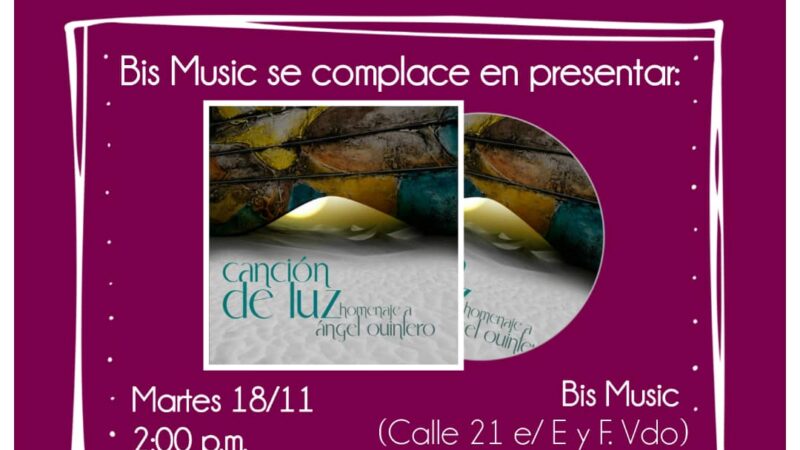Tribute to Antonio Machado Held at UNEAC Headquarters
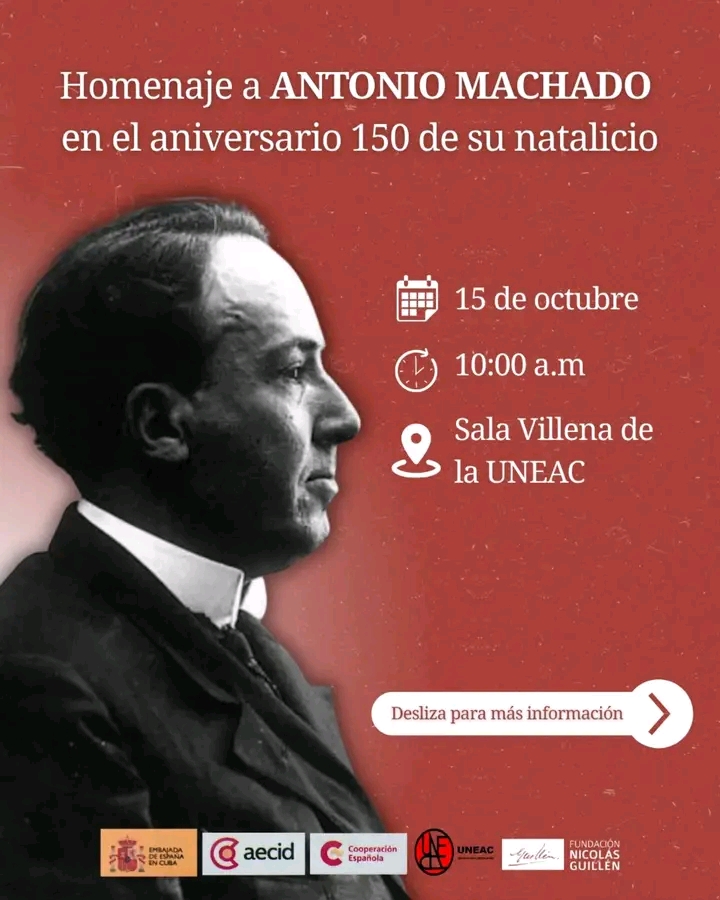
Spain observed its National Day on 12 October, while 26 July marked a special commemoration of Antonio Machado, the celebrated poet born on that date in 1875, whose literary legacy continues to resonate today. These two significant dates converge in a tribute now underway in Cuba.
The Nicolás Guillén Foundation has organised a roundtable dedicated to Machado’s life and impact, commemorating the 150th anniversary of his birth. Hosted at the Villena Hall of the Union of Writers and Artists of Cuba (UNEAC), the event is supported by the Cultural Office of the Spanish Embassy (AECID–Cuba).
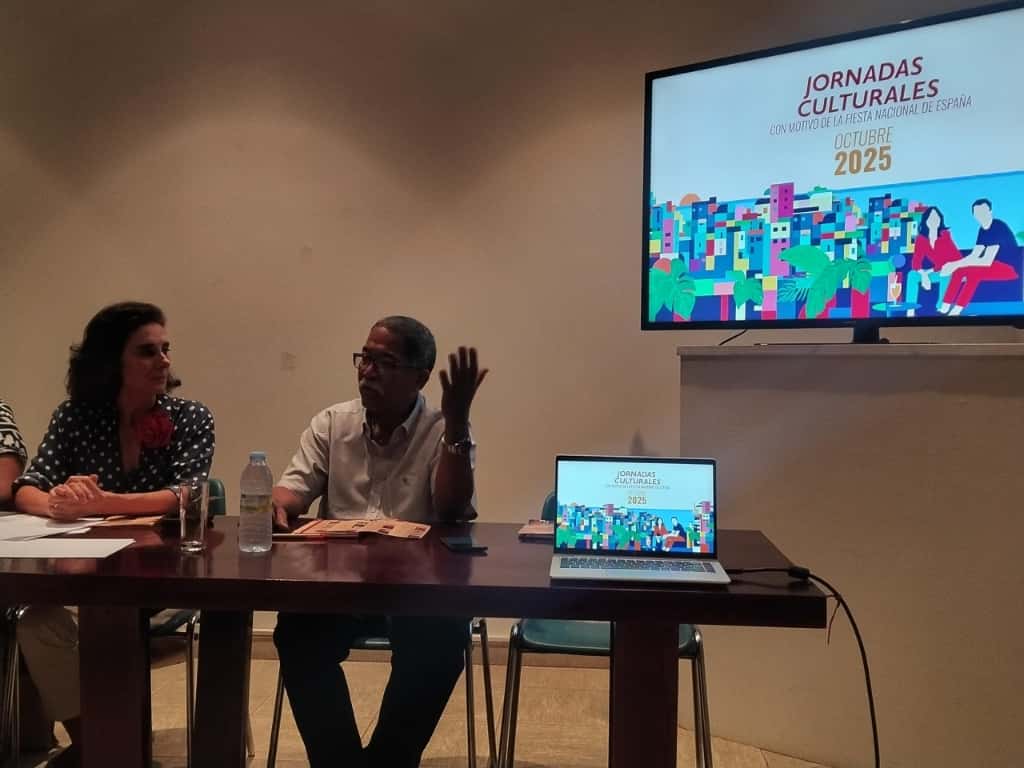
“Machado was a poet whom Nicolás Guillén held in the highest esteem,” stated Nicolás Hernández, president of the Nicolás Guillén Foundation, at a press conference presenting Cuba’s cultural calendar for Spain’s National Day. “In 1966, on 22 February—the anniversary of Machado’s passing in 1939—Guillén penned a remarkable piece, praising Machado as ‘the loftiest and purest poet of modern Spanish literature,’ a testament to his profound admiration.”
Reflecting on Machado’s literary journey, Hernández added: “Within Machado echoed a paradigm—a poetic path that began under the sway of authority, much like all Spanish-language poetry, but he swiftly discovered his own voice: pure, luminous, powerful. This distinction shaped him, and it is our duty to honour the legacy of Don Antonio Machado.”
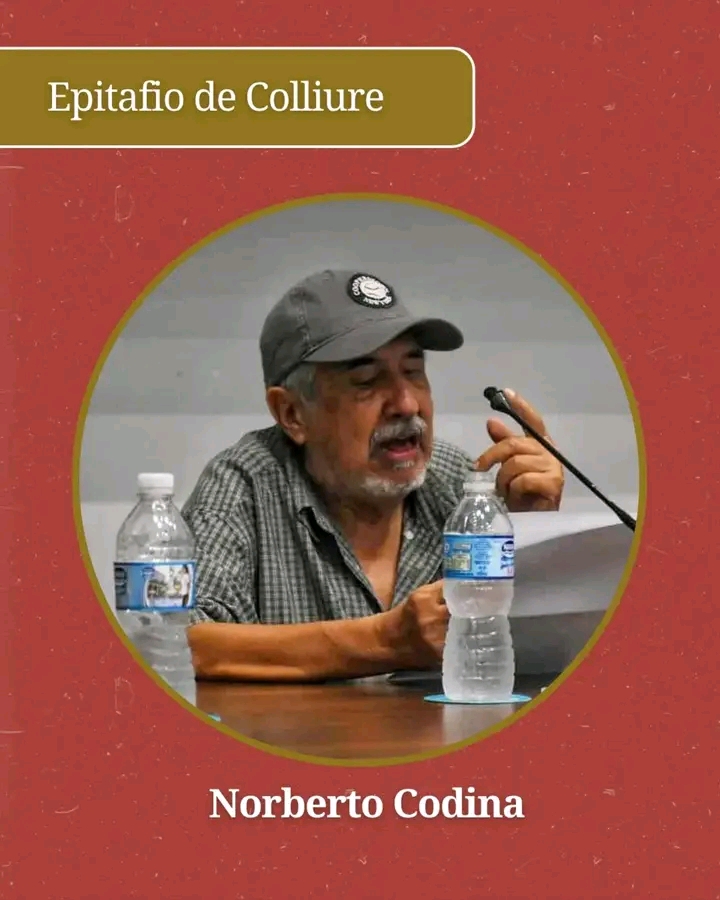
For this occasion, Hernández announced, the foundation will host two distinguished speakers: Norberto Codina, the celebrated poet and editor of La Gaceta de Cuba for over thirty years, and Jorge Domingo Cuadriello, a renowned Cuban scholar recognised for his rigorous studies on the influence of Spanish literature and exile in Cuba.
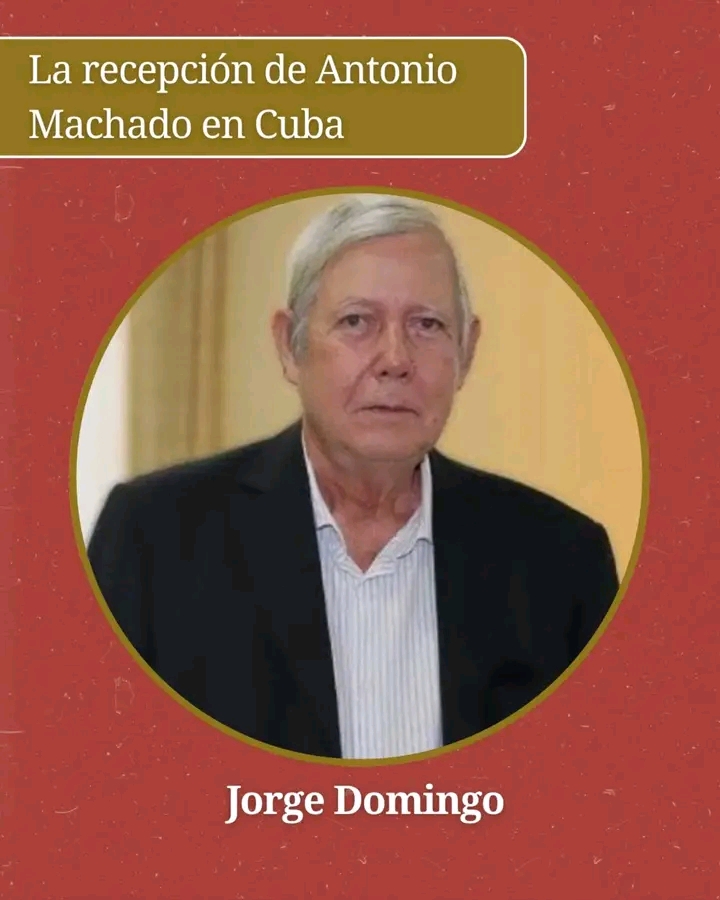
The event will also feature poetry readings by Waldo Leyva, Alex Pausides, Charo Guerra, Rolando Ávalos Díaz, and Gisselle Lucía Navarro.
As highlighted by Granma, Antonio Machado is recognised as one of the foremost figures in Spanish-language poetry: “With lyrical grace and keen awareness of his poetic power, he portrayed his homeland. His patriotism, deepened with the proclamation of the Republic, compelled him to stand with justice during the war that ultimately claimed his life.”
“There exists a Machado who, though never a political militant, championed the cause of justice and goodness, offering the beauty of his soul to those around him and to his people.”
Translated by Luis E. Amador Dominguez



